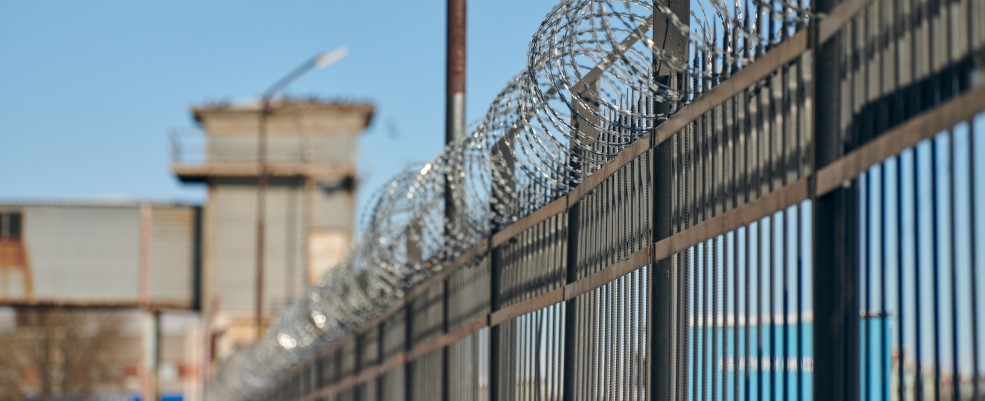I recently presented new WISERD research on human rights during the pandemic at the International Political Studies Association Congress in Buenos Aires. My research findings aligned with the conference theme of ‘Politics in the Age of Transboundary Crises’ and examine how political elites in East Africa used the crisis as a pretext for rights suppression. The analysis centred on six East African countries: Mozambique, Somalia, South Sudan, Tanzania, Uganda and Zimbabwe. This addresses a knowledge-gap because, hitherto, we did not have a complete civil society view of the pandemic’s impact on the region’s 162 million inhabitants.
Analysis of 220 civil society reports (NGOs) supplied to the United Nations’ Universal Periodic Review (UPR) – it’s five-yearly monitoring process, revealed a significant deterioration in the human rights situation. During the pandemic, the first-ranked violation highlighted by NGOs was breaches of Article 9 of the International Covenant on Civil and Political Rights (ICCPR). This safeguards liberty and security of the person and states that ‘no person should be subject to arbitrary arrest or detention’.
The civil society discourse is typified by this NGO’s observation: “In November 2020, presidential election campaigns began in Uganda. Subsequent protests relating to the election were met with excessive force from Ugandan police and security forces, resulting in over 50 deaths and numerous injuries. Ugandan authorities justified their excessive force, claiming that it was necessary to disperse crowds to ensure compliance with COVID-19 measures”.
Allied to this, the United Nations has long warned about a shrinking civil space. Around the world, many governments are using repressive measures to curtail civil society freedoms. This study shows that East Africa is no exception. The problem worsened during the pandemic as governments stifled protest over their failed responses to the coronavirus outbreak. Accordingly, the second-ranked pathology in the study was breaches of ICCPR Article 19 (‘Everyone shall have the right to freedom of expression…’), followed by violation of freedom of association (Article 22).
The discourse is coruscating of political elites’ ineptitude and indifference. It is typified by this Zimbabwean NGO’s assertion: “Many of the restrictions on the rights to freedom of expression… became more acute during the Covid-19 pandemic, with LGBT persons unable to move freely for fear of being questioned or targeted by increasingly visible law enforcement. Furthermore, caustic hate speech against the LGBT community, such as blaming them for the spread [of COVID] on gay people attempt to further marginalize the LGBT community”.
This new study also details a sharp increase in breaches of the Convention on the Elimination of Discrimination against Women. Civil society organisations provided sickening testimony of a surge in gender-based violence (GBV). The discourse is typified by this NGO’s comments: “The outbreak of the COVID-19 pandemic and the ensuing lockdown has observably increased rates of GBV … [with] increased rates of physical, psychological, and sexual harm in Uganda… 46% of Ugandan women reported experiencing physical domestic violence when in lockdown and quarantines. In the month between 30 March 2020 and 28 April 2020, 3,280 cases of GBV were recorded, a major increase compared to non-pandemic times”.
Other rights violations explored in the research include widespread breaches of the right to health and well-being (including inadequate state healthcare, food insecurity and hunger and thirst) and extensive breaches of the Refugee Convention.
The original contribution of this study is highlighting ‘dark policy learning’ in the age of transboundary crises. During the pandemic, governments across East Africa emulated the repressive practices of their neighbours, thereby extending and deepening existing rights pathologies. This is an alarming development in what academics refer to as ‘competitive authoritarianism’. This refers to the practices of hybrid regimes that combine elements of both democracy and authoritarianism.
As this new analysis shows, governing elites have used the Covid-19 pandemic as a pretext for further rights suppression. In the words of one Tanzanian NGO this amounts to “weaponizing Covid for repression”. Is this a fatal blow for civil society in East Africa? This study suggests that current prospects are bleak.
Image credit: TRAVELARIUM via iStock

